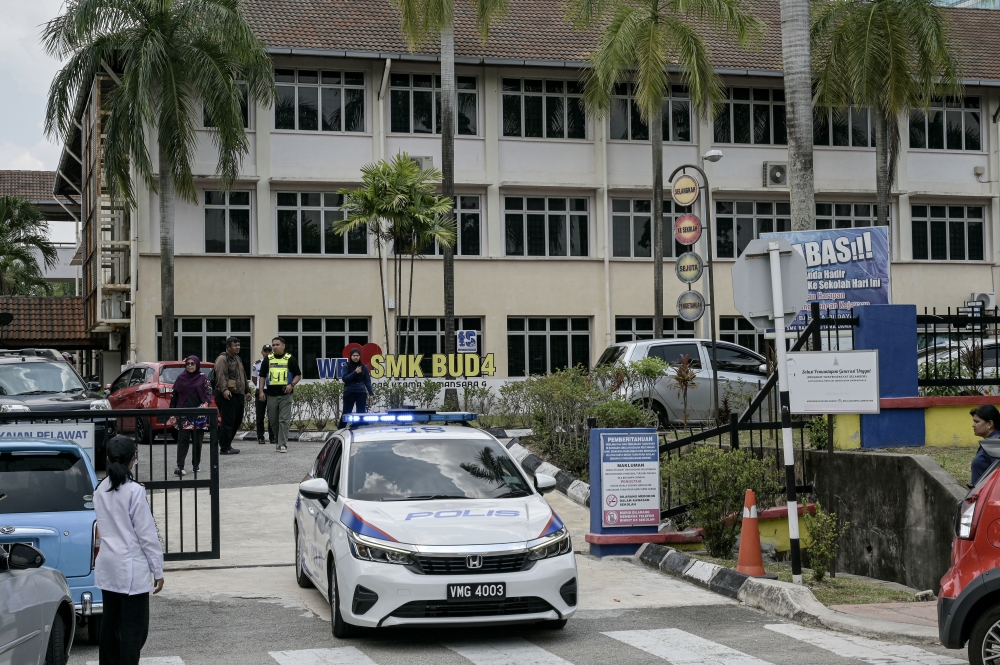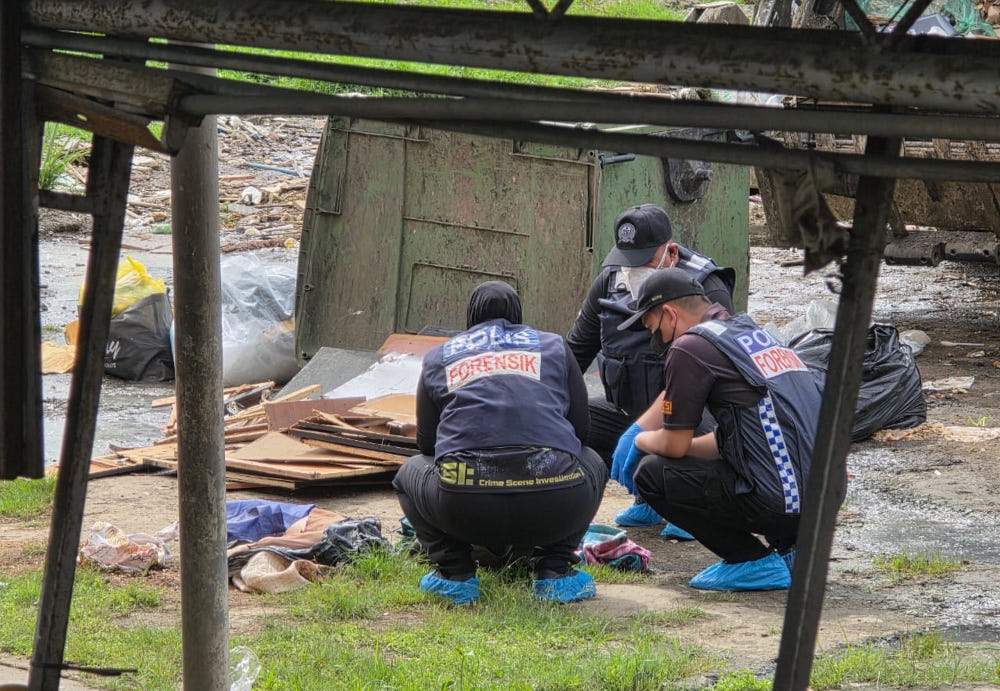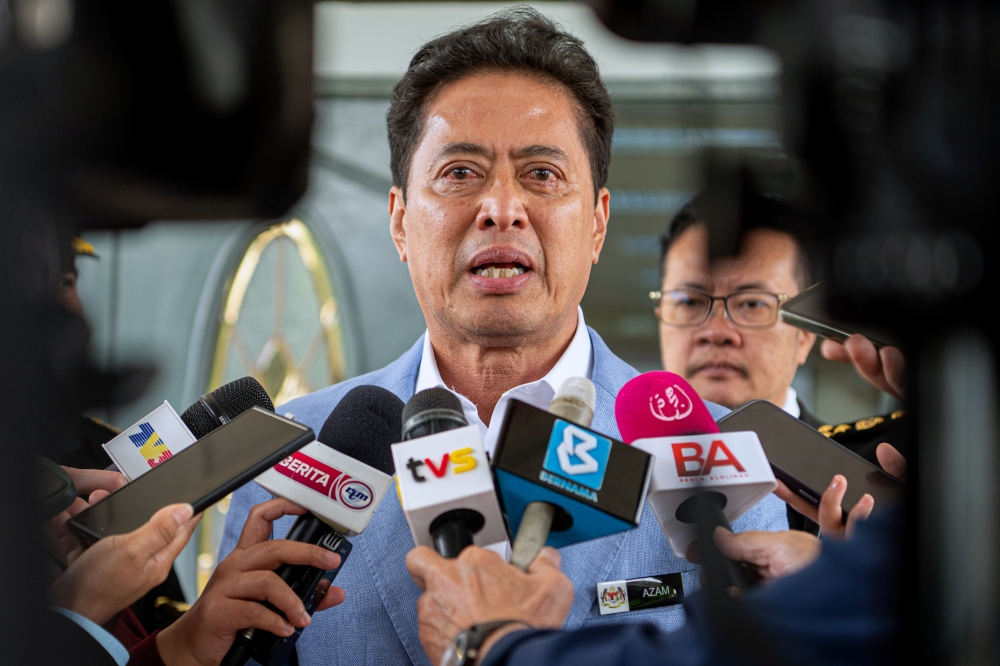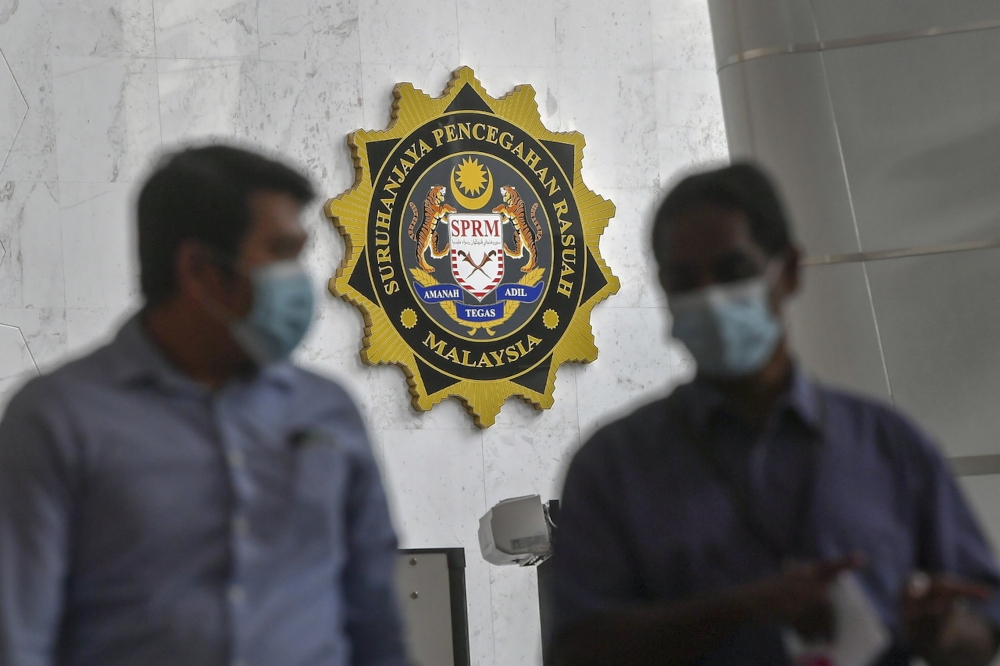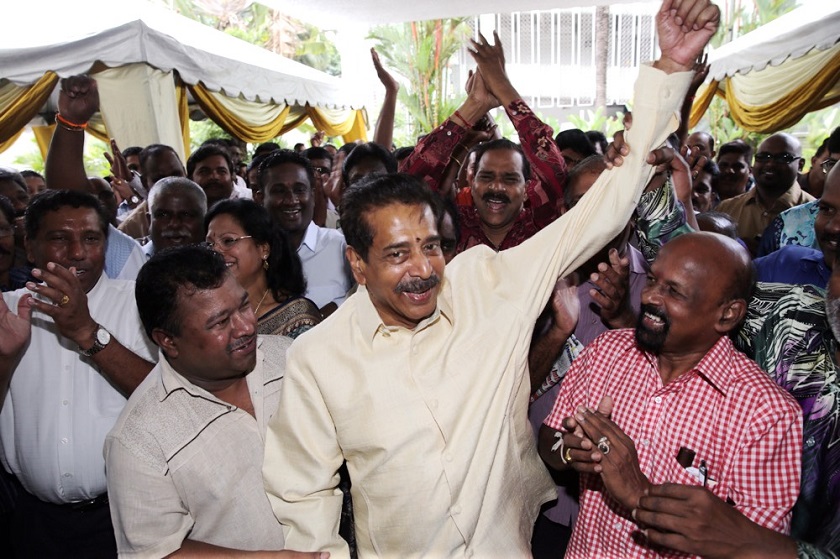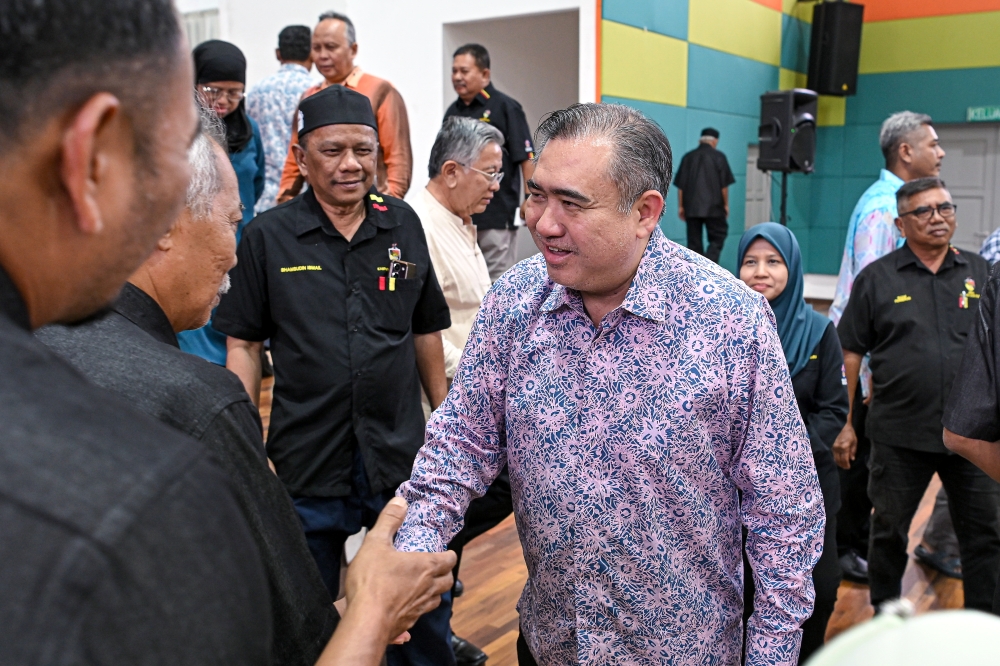KUALA LUMPUR, Nov 15 — Activists and social workers say the exodus out of estates has left ethnic Indians ruined, following a study that revealed the minority is trailing behind other ethnic groups when it comes to moving up the economic ladder.
According to them, the migration out of estates that began in the 1970s as Malaysia’s urbanisation picked up pace caused hundreds of thousands of Indians to be displaced and without any social support.
According to MySkills Foundations, an NGO that has worked almost exclusively with poor Indians over the past five years, there was no policy to ensure a smooth migration to urban areas as well as a lack of integration.
“For the Chinese, the Chinese new villages later became towns. For Indians, they woke up one day and the estates were no longer there. They had no skills and no education, so the social mobility of the children is limited,” said its director S. Pasupathi.
“There were no special programmes either, such as positive discrimination, which is what happened with the Malays,” he added, referring to the New Economic Policy.
Parti Sosialis Malaysia’s Dr Michael Jeyakumar shares Pasupathi’s view. Both said one of the key contributing factors was that the Indians had been insulated within their own communities in estates.
“When they moved out from the estates, they did not only lose their homes. They lost their community, their schools,” the Sungai Siput MP said, pointing out that estate-based Indians had created communities within the estate structure.
“In estates, they were in a self-contained environment. When that was broken and they came to urban areas, there was no leadership… nobody to coach them,” Pasupathi added.
Dwindling numbers still in estates
Illustrating the migration, Michael said the National Union of Plantation Workers used to have between 300,000 to 400,000 members 30 year ago. The number has now drastically dropped to 60,000, he said.
Pasupathi’s estimate is even lower, claiming that there are only roughly more than 25,000 workers left in estates.
Think tank Khazanah Research Institute (KRI) said in a study last month that Indians move up the economical ladder slower compared to other ethnic groups, with only one out of 20 of those born to parents who were not formally educated proceeding to get a tertiary education.
The minority was also found to have a bleaker view of their next generation’s future.
The poor socio-economic mobility among ethnic Indians reflected the state of poor Indians, whom activists and social workers say have been caught in a cycle of basic survival, leaving very little room for mobility.
“There were two rounds of migration. One was out from the estates, when they went to urban areas and set up squatter areas. Second was the eviction from the squatter areas as well, and now many of them have moved to low cost flats,” said Pasupathi.
“For generations, poor Indians have struggled to even fulfill the basic criteria of housing, so they do not have the time to think about education and others,” he added.
KRI’s report supports MySkills’ findings
For Pasupathi, KRI’s report on the poor socio-economic mobility of Indians is confirmation of what MySkills has discovered.
“If you look at the top 20 per cent [class] Indians, and the middle 40 per cent Indians, they are in total self denial. The bottom 20 per cent Indians are in such a pathetic situation,” he said.
KRI’s study focused on children born to uneducated parents and their lack of social mobility — this is the group of Indian youths that the foundation has worked with.
Pasupathi, who runs the foundation together with S. Selvamalar, believes that the KRI study was, in an ironic way, “encouraging” so that Indian community leaders and successful Indians can no longer be in denial about the report.
MySkills, which has several centres, trains young school dropouts in the Indian community on their skill and attitude, mainly to ensure they are able to integrate with society, in addition to being competent enough to seek jobs.
The children mostly come from broken homes, or families where their parents are not educated as well, while at the same time showing a tendency to be involved in crime.
“So, now when we go and talk to people about MySkills and about what to do, these results are encouraging. It also shows we have been doing the right thing all along,” he said.
Need for Indians to integrate
Pasupathi, a lawyer by practise and a native of Batu Arang, Selangor who also came from a poor family, said that a lack of leadership over the last two decades contributed heavily to the state of Indians today.
Pasupathi was quick to point out that Indian leaders and successful figures have a “moral obligation” to help the community, which he said has been struggling since migrating out of traditional estate settlements.
He pointed out that major cities such as Putrajaya, the nation’s administrative capital, and Shah Alam, Selangor’s bustling administrative capital, were both formerly estates with a large Indian population.
Pasupathi said that questions must be asked as to whether previous Budget allocations and funding for Indians actually reached its intended recipients and had achieved its targets.
“When the government is ready to give something, are the Indian leaders ready to deliver the promises? If there is no proper leadership to turn the promises into reality, how do you expect the community to turn itself around?” he added.
Pasupathi also pointed out that as poor Indians tend to have bigger families compared to the more successful ones, their problems tend to “multiply.”
But the only way out for poor Indians is through integration, he said.
“There is not going to be much opportunities if we say [rely] on just Indian businesses. The Chinese for example have moved up from low skill to a more entrepreneurial level. But it is the foreign workers who have gone on and replaced the Chinese in the areas they have left,” he said.
“The Indians seem to have replaced the Chinese in only one area: gangsterism,” he added.

